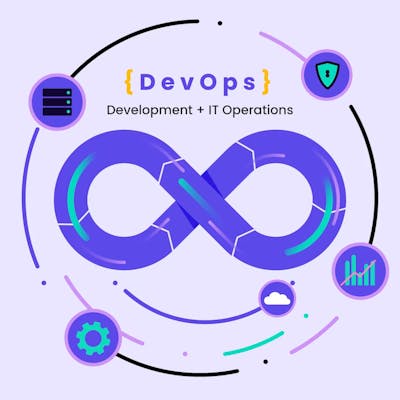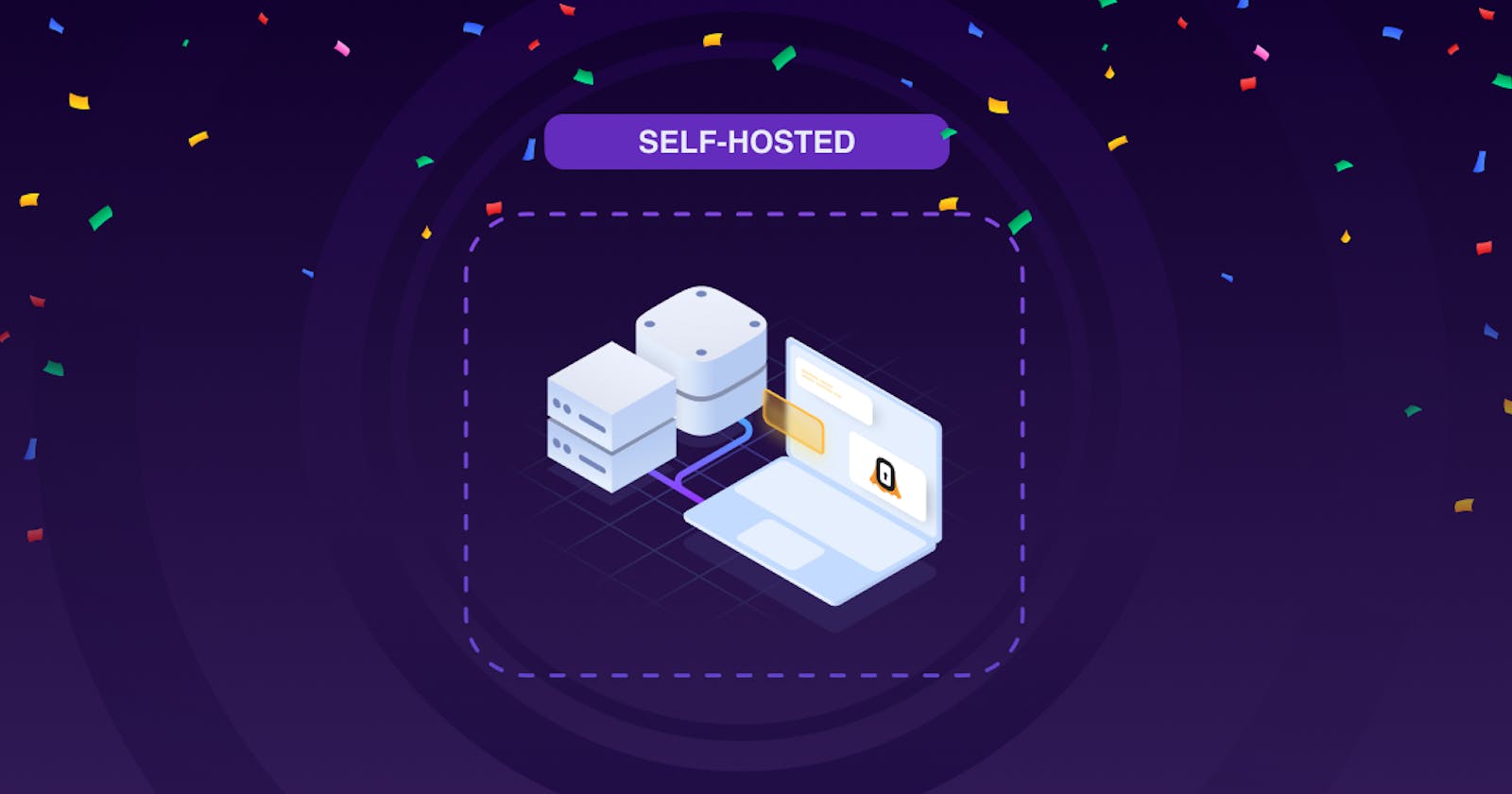Sometimes it seems as if you reside in a digital apartment that belongs to another person. Services from outside are useful, yet they manage your information and may cost a lot over time. Self-hosting is like constructing a small technological sanctuary where you are in control as if you were the property owner. But fear not, newbies, this journey isn't just for server gurus 🧙♂️.
This blog acts as a helpful companion for beginning with self-hosting.
Check out this blog where we have discussed Why Self-Host.
Getting Down and Dirty: The Self-Hosting Setup 🏗️

Okay, you have picked your hero; now is the moment to start working hard, but not with actual dirt. Here's a simplified breakdown of the setup process:
Choosing Your Self-Hosted Adventure 🧭
Now that you are excited for self-hosting, let us consider what exactly you wish to host. Here are some well-known choices to start your contemplation:
Hardware Choices - The Foundation of Your Fortress: 🧱
The best hardware for self-hosting largely depends on your requirements and budget. The following are some key factors to consider:
A strong processor is very important for self-hosting. A processor with many cores, such as Intel Core i7 or i9, or the AMD Ryzen series are good because they can manage several virtual machines or containers at once.
Having enough RAM is very important for a computer to work well, especially when you need to use many programs at the same time. Having at least 8GB of Random Access Memory is okay, but if you are using more complicated software, having 16GB or even 32GB would be much better.
Storage Space: 📦 When you have your own hosting, it needs a lot of space for storing things like videos, records of what happens on the system, and databases. SSDs let you save and get data quickly but HDDs cost less money and fit more information inside.
Network Needs: 🕸️ Self-hosting requires a good internet connection speed and uninterrupted power supply.
Energy Efficient Pre-built Options: 🌱
The Raspberry Pi is a compact, low-cost computer that consumes minimal energy. It's ideal for operating servers that don't need much resources.
Odroid, like Raspberry Pi, is a compact computer that uses little power and can manage server tasks.
HP Microserver: This is a compact server that's made to save energy. It uses less power and works well for homes or small offices.
Intel NUC computer: It is compact and does not use much energy, very good for using as a server. It has enough power to manage many server jobs without needing lots of electricity.
Dell PowerEdge T140: This is a compact server built to save energy, with parts that use less power. It's very suitable for small companies or when you need one at home.
Zimaboard has an ARM Cortex-A53 64-bit quad-core processor which uses less power. It comes with 4GB RAM, 64GB eMMC storage and there is also a microSD slot to increase the space if needed.
Selecting Your Operating System ⚙️:
You'll need an OS to run your applications on. Popular choices for self-hosting include:
Ubuntu Server 🐧: A widely used, beginner-friendly Linux distribution.
Debian Server 🐐: Another stable Linux option with a focus on security.
Installing and Configuring 🪄:
Next step is to select the applications for self-hosting you are interested in. Common choices are servers for email, servers for websites, applications to share files and systems to manage content.
After selecting your applications, you must proceed with their installation and setup on the server.
Securing Your Fortress 🛡️:
Hosting on your own is powerful, but you must also take on a lot of responsibility—think about the saying from Spiderman. Now, let's talk about essential security actions to consider.
Keep your software updated! ⚠️
Use strong passwords and enable two-factor authentication (2FA)! 🔐
Consider a firewall to control incoming traffic 🧱
Conquering the Challenges: It's Not All Sunshine and Rainbows 🌦️

Self-hosting is not always easy. There will be problems you meet, but do not lose hope - it is part of the enjoyment. Here are some common challenges you might face:
Learning new technologies, setting everything up and using the command-line can feel too much in the beginning. It's important to accept this stage and give yourself time to learn.
When problems happen: The servers can have errors, the settings might fail, and at times your own managed online place could fall apart. It is a useful ability to know how to find and solve issues.
Hosting applications in your house depends on home internet speed, which is usually less fast for sending data.
Pro Tip: It's okay to ask for assistance.
People who self-host often like to help and are welcoming. Here are some places to get assistance:
Reddit Forums - Check out subreddits like /r/selfhosted and /r/homelab.
Search engines - Google and DuckDuckGo can be very useful when you look for certain error messages or problems with setting up things.
Software Documentation - Most self-hosted projects have online documentation or wikis with helpful information.
Mastering the Art of Self-Hosting Like a Pro 😎
As you continue on your path of self-hosting, remember these points to improve your abilities:
Back it Up! 💾: Always have backups. Believe me, it is not good for you to let a sudden loss of electricity or a quick computer instruction cause the disappearance of your important data.
To ensure problems are caught early, establish systems that alert you to issues before your users become aware and begin seeking assistance.
Use automation through scripts and software to lessen the amount of repeat work; it allows more time for enjoyable activities.
Dockerize All the Things! 🐳: Docker makes deploying and managing applications a breeze. You can package software and its dependencies into an easy-to-use container.
The Adventure Begins! 🤩
Are you prepared to start the journey of self-hosting? It will be hard, give satisfaction and at times a little bit disorderly. That is the nice part. You should not fear attempting, testing new things and making mistakes during the process (and after that, repairing them 😉).
Keep in mind, it is important to enjoy yourself, gain much knowledge and create something that enhances your online experience. Now, proceed with self-hosting.

